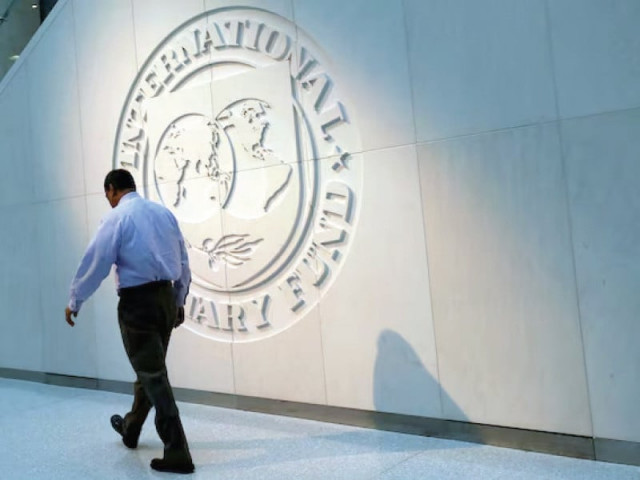Pakistan secures $7 billion aid deal with IMF
Agreement aims to stabilise and strengthen country’s economy

Pakistan and the International Monetary Fund (IMF) have agreed a three-year, $7 billion aid package aimed at stabilising the country's economy on Friday late. This package, pending validation by the IMF's Executive Board, aims to cement macroeconomic stability and foster stronger, inclusive, and resilient growth.
According to a statement issued after a staff-level agreement reached between the Pakistan authorities and the IMF, the 37-month Extended Fund Arrangement (EFF) worth SDR 5,320 million (approximately $7 billion) is expected to provide much-needed financial support as Pakistan's economy which has been severely impacted by the Covid-19 pandemic, the war in Ukraine, supply chain issues causing inflation, and devastating floods in 2022. These challenges led to a debt crisis, necessitating IMF intervention.
Pakistan received an emergency loan in 2023 and a nine-month $3 billion IMF deal, which required unpopular austerity measures, including the removal of consumer subsidies. The new package includes commitments to broadening the tax base and reducing the fiscal deficit.
Pakistan government plans to raise nearly $46 billion in taxes for the 2024-25 fiscal year, a 40 per cent increase from the previous year. The fiscal deficit target is set to be reduced by 1.5 to 5.9 per cent in the coming year.
Although the current account balance has improved slightly and inflation is starting to decrease, Pakistan's foreign debt remains high at $242 billion. Servicing this debt will consume half of the government's income in 2024.
The IMF forecasts a 2 per cent growth rate for this year, with inflation expected to reach 25 per cent year-on-year, before decreasing in 2025 and 2026.



















COMMENTS
Comments are moderated and generally will be posted if they are on-topic and not abusive.
For more information, please see our Comments FAQ